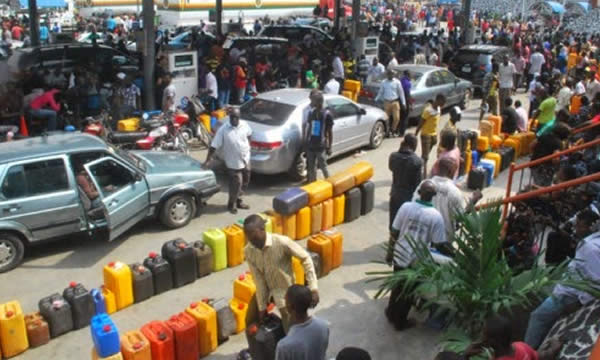The cost of fuel subsidy increased by 890% in 5 years

The globally renowned "The Banker Magazine" of the Financial Times Group has named FirstBank "Most Valuable Bank Brand in Nigeria" six times consecutively (2011–2016); "Best Retail Bank in Nigeria" seven years in a row (2011–2017) by the Asian Banker International Excellence in Retail Financial Services Awards; and "Best Bank in Nigeria" by Global Finance for 15 years.
The Petroleum Industry Act, which was passed last year after years of limbo, effectively called for the subsidy to be phased down, but the government has shown that it lacks the political will to do so. Only $443 billion was available to cover subsidies in 2022, according to Finance Minister Zainab Ahmed. She also stated that the NNPC had demanded $3 trillion from the Federal Government to cover the petrol subsidy in 2022.
The Federal Government has been required to continue providing gas subsidies, which have continued to climb over time, to keep fuel prices low. In 2017, the NNPC spent N144.53 billion subsidizing petrol to keep the pump price at N145, while transportation costs ranged from N122 to N138, an evident increase.
By 2019, the cost had dropped by 25%, however, this was minor when compared to the initial 405 percent increase. The government spent N1.192 trillion on subsidies in 2020, more than double the amount spent in 2019.
Petrol prices climbed by 12.1 percent, petrol subsidies increased by 890 percent, and transportation costs increased by 283 percent in five years. During this time, the average cost of bus travel within Nigerian cities increased from N122.83 in January 2017 to N470.83 in December 2021.
In 2017, the cost of intra-city bus transportation in Abuja was N290.55, whereas it was N50 in Borno. Zamfara had the highest intra-city bus transportation cost of N700.22 in 2021, while Abia had the lowest cost of N294.44.
The NNPC has requested N3 trillion from the government to fund the subsidy this year in the aftermath of Abuja scrapping its plan to eliminate the subsidy by January 2022 as required by the Petroleum Industry Act (PIA) which was passed into law in August 2021, according to the report.
Because of the now-defunct Petroleum Products Pricing Regulatory Agency's pricing pattern, the price of gasoline has continued to climb over time (PPPRA).
This is the narrative that needs to be changed so that the political cost of eliminating costly gasoline and foreign currency subsidies becomes a more appealing offer.
In terms of economic policy, the Buhari administration's body language has changed dramatically. The government appears to have given up the struggle and is prepared to serve out the remainder of its term.
Its only option now is to wait it out and pass the subsidy burden on to the next administration. In the end, this time in Nigerian history will be remembered for the discredited form of economic populism's abject failure.


Be the first to comment!
You must login to comment